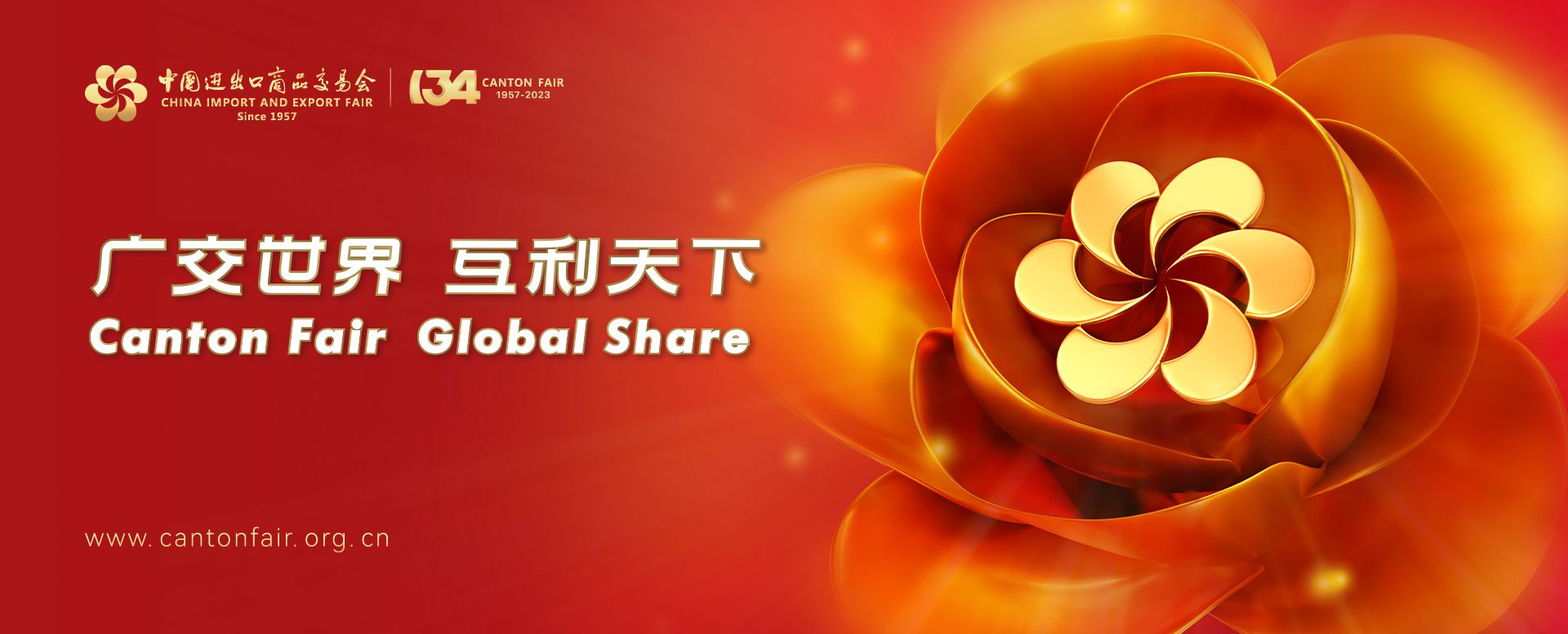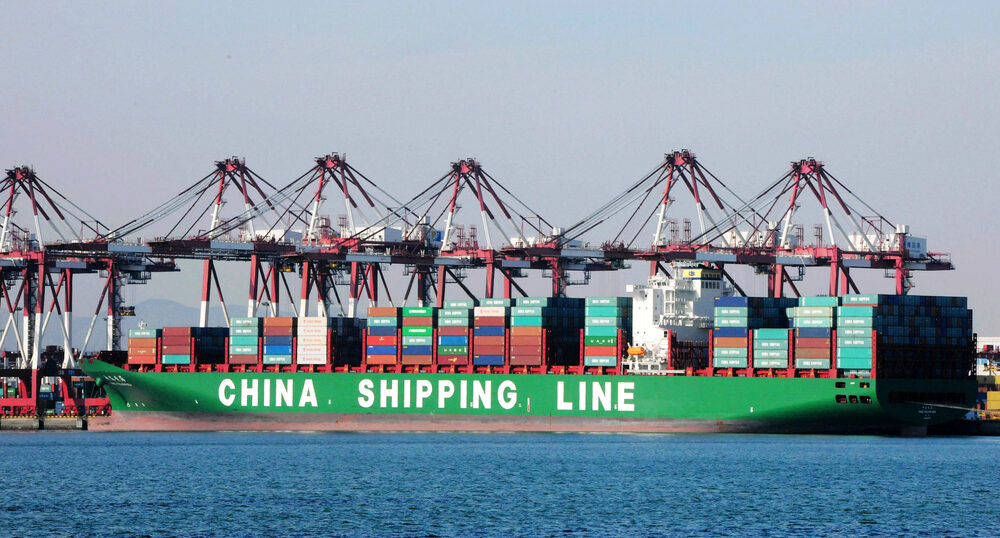When it comes to conducting business in China, a critical success factor for foreign enterprises is the ability to find reliable suppliers. China remains a global export leader, having achieved an impressive USD 418 billion in exports of intermediate goods in 2021 Q4. The US, Vietnam, and South Korea emerged as the top export destinations for Chinese intermediate goods during that year.
Many businesses have sought to leverage China’s competitive advantages, including low labor costs, attractive economic policies, and preferential tax rates. However, amid the numerous opportunities, quality concerns have been a prevailing issue, especially when sourcing components from China. Hence, the significance of making well-informed choices when it comes to selecting the right suppliers.
How to find suppliers in China
1. Trade shows
Participating in trade fairs and exhibitions in China can be a highly effective strategy for foreign businesses looking for reliable suppliers. These events serve as multifaceted opportunities to not only discover potential partners but also establish and strengthen valuable business relationships.
Indeed, trade fairs provide a centralized platform where foreign brands can connect with a wide array of suppliers, making it easier to identify suitable candidates for their sourcing needs. Visitors can interact with suppliers, gaining insights into their production capabilities, product portfolios, and quality standards. This firsthand knowledge is invaluable when assessing the suitability of a potential supplier.
China Import Export Fair
Held in Guangzhou, China Import Export Fair is the largest trade show in China. It attracts over 200,000 visitors every year and regularly records about USD 1.2 trillion in sales. The fair features suppliers from nearly all provinces and cities of China, offering a wide spectrum of products and services, ensuring a broad selection for potential buyers. Moreover, the fair provides a conducive environment for face-to-face interactions with suppliers, allowing buyers to assess product quality, discuss terms, and establish relationships.

2. Online marketplaces
Online marketplaces can be invaluable tools for sourcing suppliers in China, especially for brands not physically present in the country. The Alibaba Group provides a wide range of resources that allow foreign retailers and entrepreneurs to reach out to Chinese manufacturers. Specifically, Alibaba.com, Aliexpress, and 1688 are three platforms offered by the Hangzhou-based tech giant for discovering suppliers in China.
Alibaba.com
This platform primarily caters to international buyers in a B2B setting, focusing on high-volume, high-value transactions, typically shipped by sea. It is known for its higher product quality standards compared to other platforms.

Aliexpress
While primarily a B2C platform, Aliexpress is also well-suited for dropshipping, enabling buyers to directly ship products to their customers. This makes it a convenient option for e-commerce businesses.
1688
Serving as the domestic counterpart to Alibaba.com, 1688 offers a wide range of products, from raw materials to finished goods. It is particularly beneficial for buyers operating within the Chinese market and proficient in Mandarin Chinese.
3. Sourcing agents
Sourcing agents play a crucial role in helping brands find reliable suppliers in China. They specialize in identifying suitable suppliers that meet a brand’s specific needs, leveraging their extensive networks and market knowledge for effective supplier selection. Moreover, they conduct thorough supplier assessments to ensure product quality and manufacturing capabilities, minimizing the risk of subpar products. Sourcing agents are skilled negotiators who work on behalf of brands to secure favorable terms, pricing, and contracts, ultimately enhancing cost-efficiency. Their ability to bridge language and cultural barriers facilitates clear communication between foreign brands and Chinese suppliers, reducing potential misunderstandings. Additionally, sourcing agents often take on logistical responsibilities, including managing shipping and customs clearance, simplifying the supply chain process. They also stay informed about local regulations and compliance requirements, ensuring brands meet all necessary legal obligations.
4. Industry networks and chambers of commerce
In the quest to find suppliers in China, industry networks, often built on word-of-mouth recommendations, can be invaluable. These informal networks rely on personal connections within the industry, offering trusted referrals and insider insights.
Instead, chambers of commerce provide a more structured approach, offering specialized industry knowledge, extensive contacts, and organized events. Combining both informal industry networks and chambers of commerce resources can provide a comprehensive and effective strategy for sourcing suppliers in China’s dynamic market.

Ensuring supplier reliability and product quality in China: key verification steps
Verifying suppliers in China is of utmost importance to ensure the reliability and quality of products. This involves several key steps. Background research is conducted to assess the supplier’s history, reputation, and legal status. Quality assurance is a critical aspect, with options such as facility visits or third-party inspections utilized to guarantee product quality and manufacturing capabilities. The procurement of free samples from potential suppliers can be an effective means to evaluate product quality, design, and specifications. This hands-on approach allows for firsthand inspection and testing, aiding in the assessment of whether the required standards are met. Effective communication channels need to be established, with language proficiency evaluated and ongoing dialogues maintained to promptly address any issues. These measures collectively contribute to building trust in Chinese suppliers and reducing potential risks in the partnership.
Navigating payment terms and building supplier relationships in Chinese sourcing
When sourcing from China, clear payment terms are a game-changer. Contracts in both Chinese and English are essential to eliminate language barriers and prevent misunderstandings.
A robust contract should comprehensively detail payment schedules, methods, and expectations. This level of clarity significantly reduces the likelihood of disputes and ensures a harmonious and efficient partnership.
However, it goes beyond paperwork. Cultivating strong relationships with suppliers is equally crucial. This involves fostering open, honest, and trusting communication. Such relationships often yield valuable benefits, including favorable pricing and priority production.
5 Tips for finding reliable suppliers in China
- Participating in trade fairs provides a valuable opportunity to connect with suppliers, assess product quality, and build strong business relationships in China.
- Platforms like Alibaba.com, Aliexpress, and 1688 are invaluable resources for discovering a wide range of Chinese suppliers, catering to various business needs and product categories.
- Sourcing agents play a critical role in identifying reliable suppliers, conducting assessments, and facilitating negotiations, ensuring product quality and cost-efficiency.
- Informal industry networks offer trusted referrals and insights, while chambers of commerce provide structured access to industry knowledge and extensive contacts for sourcing suppliers in China.
- To guarantee product reliability and quality, conducting background research, quality assurance checks, and effective communication channels is essential. Equally crucial is establishing clear payment terms and cultivating strong relationships with suppliers for successful sourcing in China.





